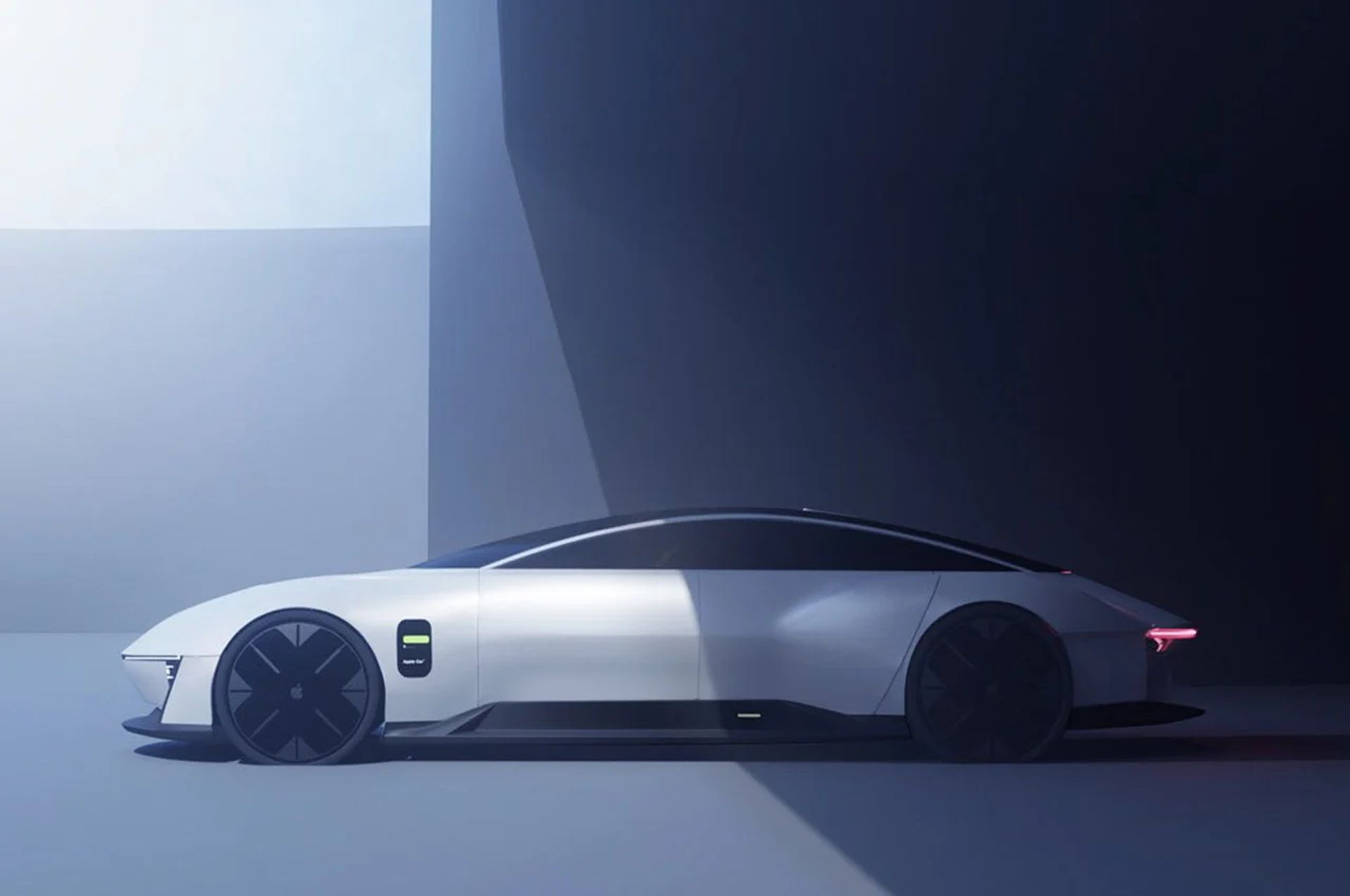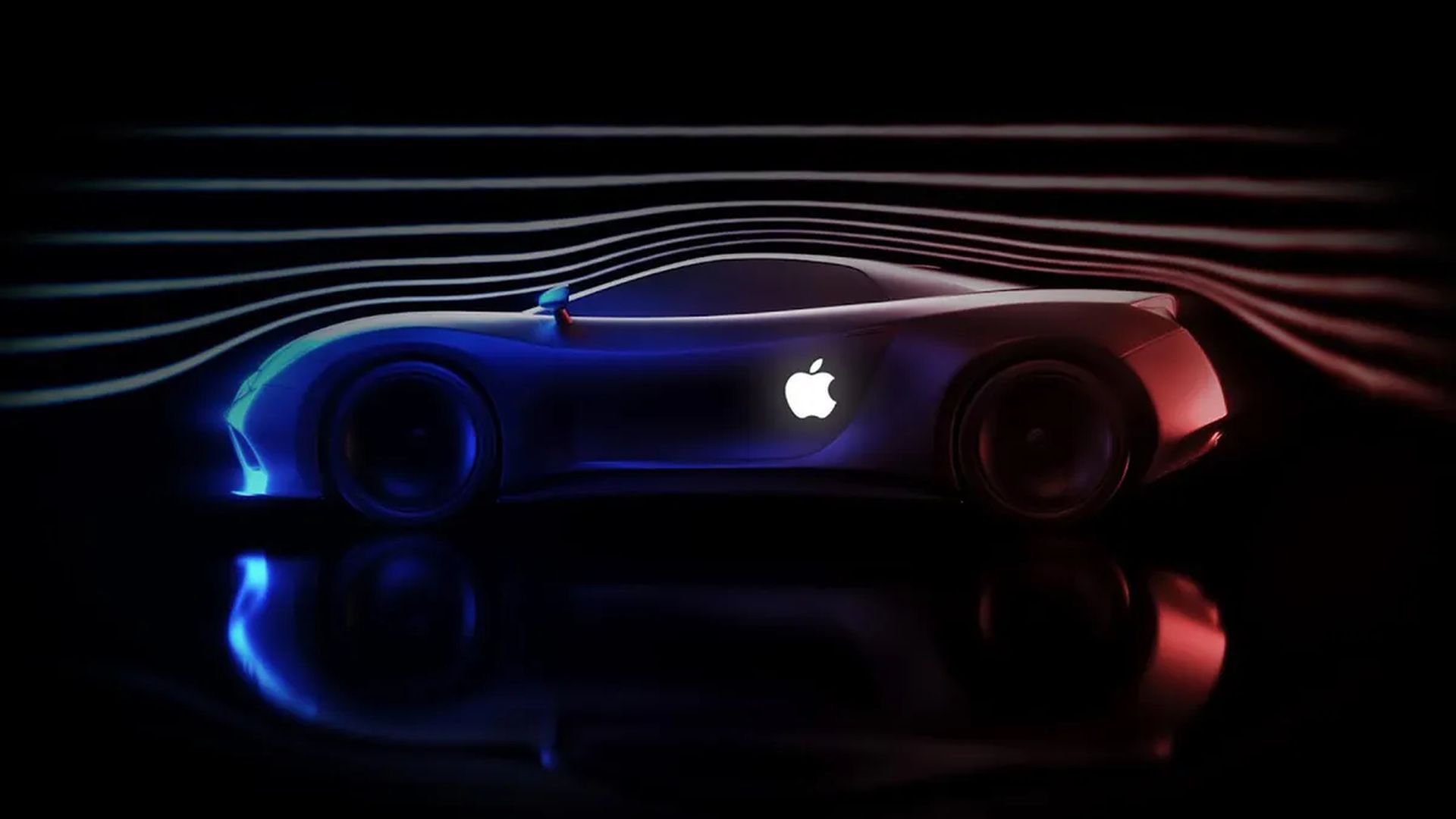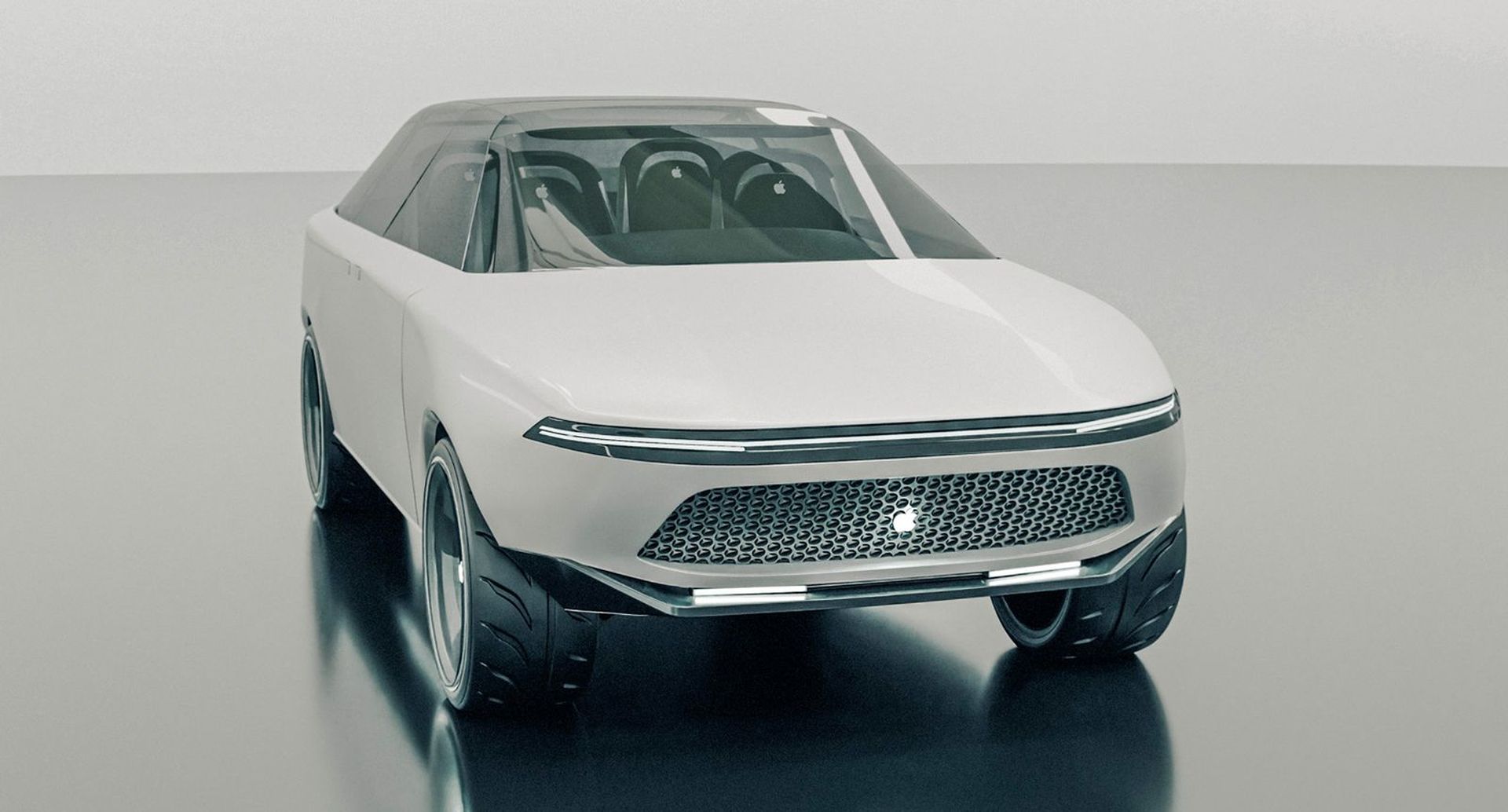According to Bloomberg, Apple Car will be on the roads in 2026, with a target price below $100,000, to make it more affordable and appealing to a broader range of customers.
Apple’s original plan for their car included a design similar to Canoo’s Lifestyle Vehicle, which allowed passengers to sit facing each other without a steering wheel or pedals. However, the project has been changed, and the car will now have a more conventional design with a driver’s seat, steering wheel, and pedals. While the car will not have fully autonomous driving capabilities, it can use self-driving mode on highways.
Apple’s primary rival in the car market will likely be Tesla, a company known for its electric vehicles with some level of self-driving capabilities. Tesla cars have prices starting at around $47,000 and can go up to over $100,000. If the base price of the Apple Car is around $100,000, it will compete with Tesla’s more expensive Model S.
Apple’s initial plan was to price the car above $120,000. Still, they are now considering a lower price point, likely because the first version of the car will have limited autonomous driving capabilities. Apple has not yet finalized the design for the car, but they plan to have a design in place by 2023 and a list of features ready by 2024. Testing is set to begin in 2025 with a launch planned for 2026.
The company is still searching for a manufacturing partner for Apple Car, and they have only held significant negotiations with Volkswagen in the past. These talks took place several years ago.
Apple Car to offer Level 5 autonomy
The company’s original plan for the Apple Car was to offer Level 5 autonomy, which is the highest level of self-driving technology and has not been achieved by any automaker. The current plan is considered less ambitious because it has a more limited scope. This is the latest change in strategy for the Apple Car team, which has experienced leadership changes and even some layoffs since the project began 10 years ago. The current leader, Kevin Lynch, has been trying to bring stability and focus on practical goals after years of shifting priorities.
Kevin Lynch, who is also responsible for the Apple Watch operating system and health software, became the leader of the Apple Car team at the end of 2021. He initially instructed the team, known as the Special Projects Group, to focus on creating a fully autonomous vehicle with a planned debut by 2025. However, he has since revised those expectations to ensure that a product is actually released. The core technology for the car includes a powerful onboard computer system called Denali, after the tallest mountain peak in North America, and a custom set of sensors.

The processor for the Apple Car is as powerful as four of Apple’s highest-end Mac chips combined and is being developed by the company’s silicon engineering group. The chip is almost ready for production, but the company may reduce its capabilities to lower costs before Apple Car’s launch.
Using an onboard computer to handle automated tasks is a common approach used by other car manufacturers, including Tesla. Apple plans to differentiate itself from Tesla by using a combination of lidar, radar, and cameras to help the car determine its location, see driving lanes, and assess the distance from other objects and people. Tesla uses only cameras for this, while Waymo and other companies use a combination of sensors.
$1B annual spending
In addition to the onboard hardware, the system includes a cloud-based component for some artificial intelligence processing. Apple is using Amazon Web Services for hosting, which costs about $125 million annually. However, this is only a small portion of the total annual cost of about $1 billion for the car project. Apple is also considering creating a remote command center to assist drivers and control cars during emergencies. They are discussing the possibility of offering their own insurance program to customers.
According to sources, Apple originally planned to sell the car for more than $120,000, but they are now aiming for a lower price of less than $100,000. This would put it in the same price range as Tesla’s Model S and the Mercedes-Benz EQS.
Apple has not yet finalized a design for its car, and it is currently in the pre-prototype stage. The company plans to have a design ready by next year and finalize the features by the end of 2024. Testing is set to begin in 2025. Apple previously considered a design similar to Canoo’s Lifestyle Vehicle, which had a limousine-like interior with passengers facing each other. However, they are now planning to produce a more traditional car with a driver’s seat.
The company is still looking for a partner after having negotiations with several suppliers about acquiring an electric vehicle platform known as a “skateboard” in the sector. Apple had previously approached several businesses about licensing their systems, but only Volkswagen had engaged in meaningful discussions. EV platforms comprise the chassis, drivetrain, and battery systems for cars.

The car’s design is being led by Ulrich Kranz, the former CEO of Canoo, and managers from Tesla, Lamborghini, and Porsche. Former Tesla manager Stuart Bowers lead the software side, and ex-Ford executive Desi Ujkashevic handles safety engineering, testing, and regulatory matters. The Apple Car team has about 1,000 employees and is located at Sunnyvale, California; Ottawa; Zurich; and Arizona campuses.
Sunnyvale is home to a large portion of the underlying engineering work, industrial design, and software development, while Ottawa, where the company poached workers from BlackBerry’s QNX, a longtime provider of automotive software, in 2016, is where some of the future operating systems for the Apple Car is being developed.
The company’s Zurich team is creating a tool called “Rocket Score” that rates the car’s autonomous system. This year’s core team suffered a setback when Ian Goodfellow, a well-known AI technology developer who helped to guide the team, left Apple after objecting to the company’s work-from-home policies.
A former Chrysler track outside of Phoenix is where the automobile undergoes most of its testing. The testing location, known as “Sahara,” was bought by a company working on behalf of Apple in 2021 for $125 million. Additionally, the corporation is still testing its driving system on Lexus SUVs that have been placed in various locations. Those vehicles internally referred to as “Baja” vehicles, have their onboard systems updated every six to twelve months.
Apple plans to relocate some of its automobile teams to a new facility called Orchard Parkway near the San Jose airport in Silicon Valley. The building will contain around 500,000 square feet of space and might house additional Apple teams. Construction on the campus began last year after the corporation purchased it around 2015.





